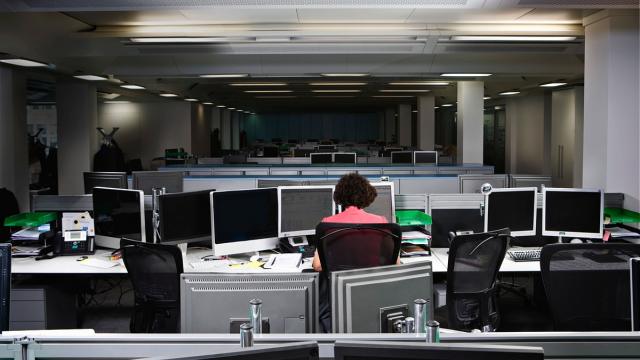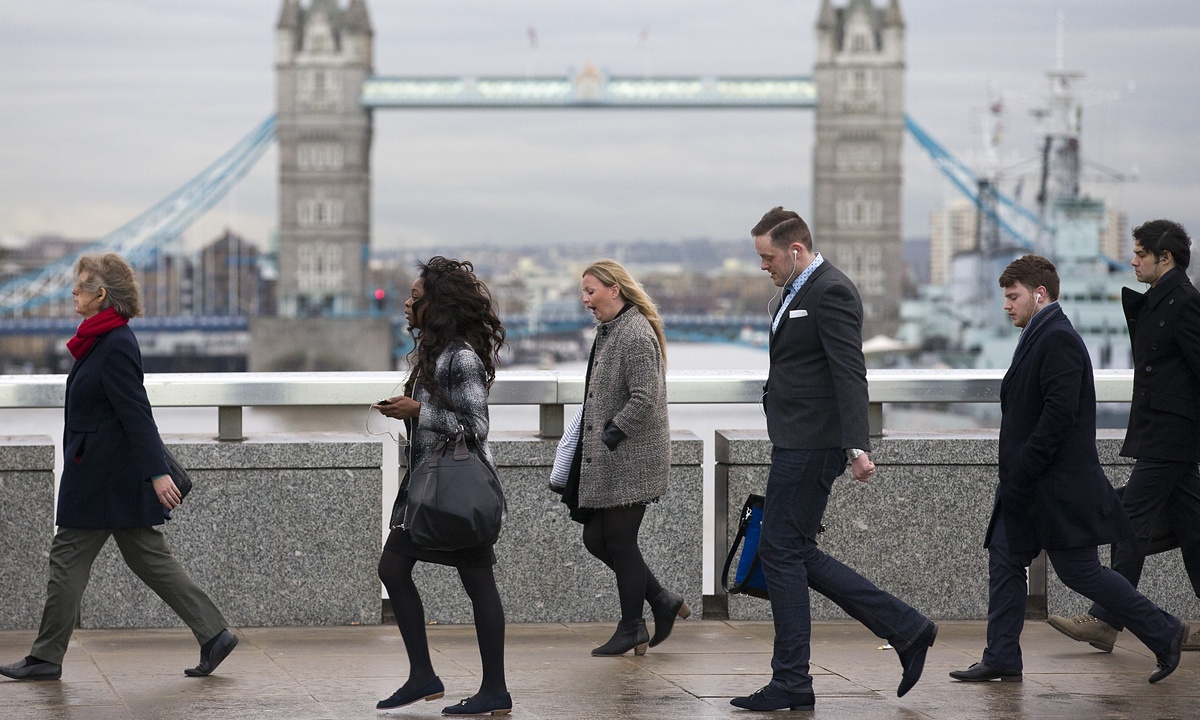
The gap between Britain’s wealthy executives and the average workforce is widening exponentially. The staggering wealth inequality of the seventh richest country in the world surfaced once more in the headlines following a report issued by the trade union-backed Labour Research Department, which revealed the salaries of top-earning executives are 183 times higher than those of average workers.
The LRD report highlighted that at least 535 executives in Britain were paid annual salaries in excess of £1 million not including bonuses, other payments and expenses. Britain’s highest earner, Sir Martin Sorrell, chief executive of the advertising and public relations group WPP, earns £43 million ($64 million) a year, which includes a quarter of a million to allow his wife to accompany him on business trips, according to the report.
The Office of National Statistics show that in 2014, the average worker in the U.K. earned just £27,000 ($40,000). This compared to the salaries of the chief executives of Britain’s top 100 companies, which averaged at £5 million.
The stark figures show the extent of snowballing pay gaps in Britain. For example, in the late 1980s, the average pay of a chief executive at a firm in the FTSE Group, a leading British provider of stock market indices, was 47 times more than the average worker's wage. Fast-forward to 2010, and the gap between top and average earners was 160 times. Today, the figure stands at 183 times higher pay for top executives compared with average earners.
Deborah Hargreaves, director of the High Pay Centre, a think-tank that monitors top levels of pay and income distribution, said so-called "conflicts of interest" within corporate pay structures are partly to blame.
“Pay packages of this size go far beyond what is sensible or necessary to reward and inspire top executives," said Hargreaves. "It’s more likely that corporate governance structures in the U.K. are riddled with glaring weaknesses and conflicts of interest.”
And it’s not just top executives enjoying pay raises that far exceed those of "normal workers." While not at such an elevated rate, senior managers are also seeing their salaries rise more quickly compared to non-management and workers further down the company hierarchy.
A recent report by the global management consultancy Hay Group showed that since the recession began in 2008, the pay gap between senior managers and lower level employees has grown by 5.3 percent.
Public Sector Sees 1% Pay Rise Cap
Twisting the pay inequality knife just a little bit further, workers in the public sector have had their pay rises capped at just 1 percent for the foreseeable future.
In what came as a fresh blow to council workers, firefighters, nurses, teachers and other vital public sector workers, Chancellor George Osborne in July announced a public sector wage cap rise of a miserly 1 percent a year for the next four years, until the 2020 General Election.
Critics instantly attacked the pay freeze. A spokesperson for the civil servant trade union PCS said it represents the “hypocrisy of Osborne,” after the Chancellor claimed to stand for a high wage society by making increases to the minimum wage.
Dave Prentis, Unison’s general secretary, also voiced concerns, noting the injustice of civil servants being cut out of Britain’s growing economy. “Despite bearing the brunt of austerity, they are to keep paying the price for the reckless behaviour of the banks,” he said.
“Pay austerity might be over for MPs, but it’s set to continue for many more years for everyone else in the public sector,” Prentis added.
However, some in private sector jobs are welcoming a pay rise as low as 1 percent. Phil Carrol, an account manager for a U.K. marketing firm, told Occupy.com that he had not received a pay hike in over two years.
“We’re told the company simply can’t afford to give us pay rises. It doesn’t seem right, though, as the cost of everyday living continues to go up and our monthly income remains the same," said Carrol. "I do wonder whether the directors and higher management have been forced to endure stagnant pay for over two years."
Social Implications of an Unequal Society
High levels of income inequality are linked to a range of negative social, health and welfare implications. For example, studies show that living in an unequal society leads to higher amounts of anxiety associated with status, which results in stress and the implications stress has on a person’s health, including mental health problems and obesity. According to the Equality Trust, unequal societies are also related to higher levels of crime and less social mobility.
Earlier this month, the International Monetary Fund announced that the U.K.’s recent economic growth, employment progress and deficit reduction have been “strong.” Yet despite Britain's robust finances and the fact it remains the seventh richest country in the world, burgeoning wealth inequality and a rise in crime, mental health problems, food poverty and homelessness have accompanied that status.
At this time last year, the progressive blog Left Foot Forward issued a warning that “2015 must be the year wealth inequality is addressed.” But instead, we’ve seen fat cat salaries soar even higher above those of ordinary workers, and the Chancellor freeze the public sector to a penny-pinching 1 percent.
If Britain had a reason last year to ponder why the poor weren’t “storming the barricades” over income inequality, as The Economist put it, the county has even more reason to ask that question today
3 WAYS TO SHOW YOUR SUPPORT
- Log in to post comments













